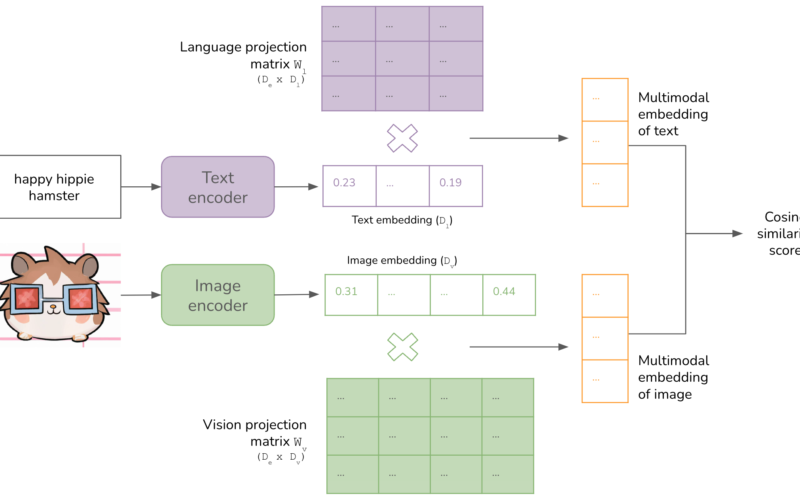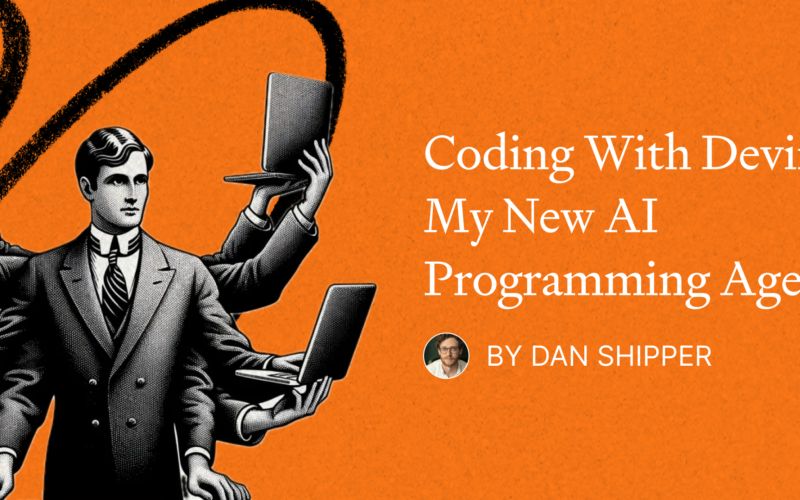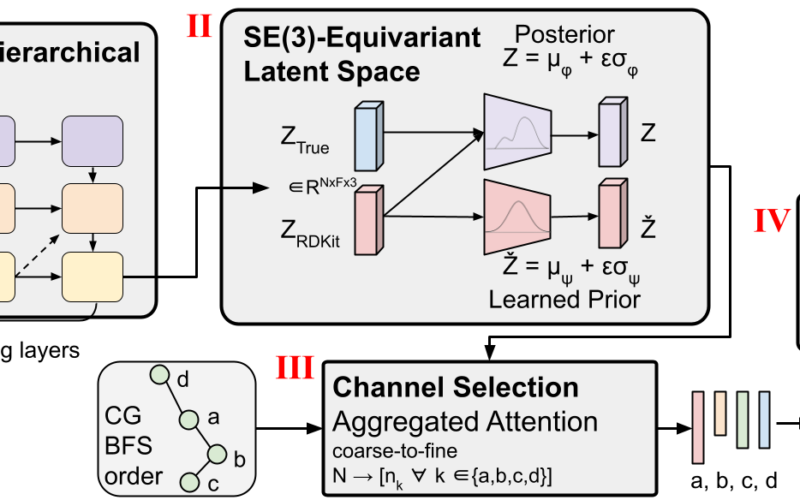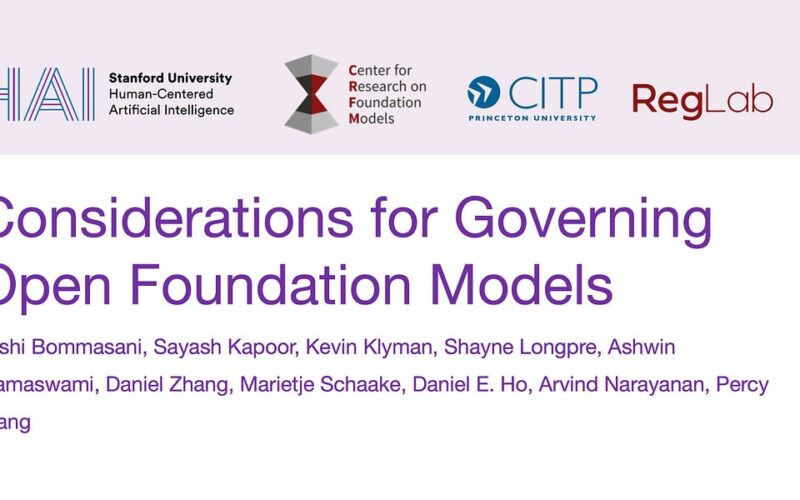25
May
On Monday 13 May, OpenAI livestreamed an event to launch a fancy new product – a large language model (LLM) dubbed GPT-4o – that the company’s chief technology officer, Mira Murati, claimed to be more user-friendly and faster than boring ol’ ChatGPT. It was also more versatile, and multimodal, which is tech-speak for being able to interact in voice, text and vision. Key features of the new model, we were told, were that you could interrupt it in mid-sentence, that it had very low latency (delay in responding) and that it was sensitive to the user’s emotions.Viewers were then treated…








